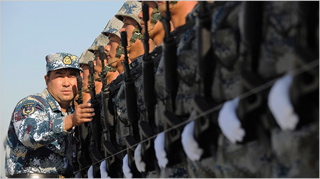
A total must-read – the NY Times on the 60th anniversary preparations. Anal-retentiveness has been totally redefined:
Performers have been carefully screened. Even the workers who are decorating the city with tens of millions of flowerpots had to undergo “political inspection,” according to news reports. Soldiers have practiced endless hours to hold their rifles at precisely the same level. Photos show their instructors holding threads as rifle guides, or sticking needles in soldiers’ shirt collars, pointed at their necks, to correct poor posture.
They have trained to stand motionless for a solid hour, to refrain from swaying during the second hour and not to collapse after three hours, reported Xinhua, the state-run news agency. They have been schooled in shouting phrases in perfect unison: “Serve the people!” and “Hello, senior leader!” They are also expected not to blink for 40 seconds at a time.
Chinese news media have reported that the government has limited parade participants in Beijing’s celebration to 187,000 — at least 300,000 fewer than in the last decennial celebration. Performers have been carefully screened. Even the workers who are decorating the city with tens of millions of flowerpots had to undergo “political inspection,” according to news reports.
Mental-health professionals have been called in to help those whose performance is not up to snuff. As of Sept. 12, 1,300 soldiers had received counseling, Xinhua reported.
And then there’s the paranoia concerns over security.
Knife sales have been banned in at least some stores. Beijing’s international airport will be closed Thursday for three hours. Along the parade route, the authorities have forbidden parade-watchers from opening windows or standing on balconies.
Three journalists from the Japanese Kyodo news agency said that when they stood on a hotel balcony to cover a Sept. 18 parade rehearsal, the authorities stormed into the room and assaulted them. A spokeswoman for the Chinese Foreign Ministry said the journalists ignored explicit instructions not to report the event, apparently out of concern that details of the spectacle would be revealed.
Another, more provocative article I read today, paints an even more bizarre picture:
Black-clad Swat teams of police will be deployed at key intersections and thousands of agents will stage a security clampdown exceeding anything seen for the 2008 Olympic Games.
Dissidents have been shut up at home or arrested. Police have banned peasants from coming to the capital to present their grievances as petitions, a tradition that dates back thousands of years.
Counter-terrorist squads, backed up by informers, are prowling the districts where Muslims from China’s restive far west live. Peaceful Tibetan Buddhists are also under surveillance in their incense-filled temples. Internet users say censorship has never been so restrictive. Facebook and Twitter are among the sites that have been blocked.
At the last parade 10 years ago, diplomats were able to watch from balconies in their compound. This time residents have been warned that if they step out they may be shot.
“We must abide by Deng Xiaoping’s instruction that China must be under the leadership of the Communist party,” declared the People’s Daily on Friday. “If this fundamental principle is altered, China will go backwards, split and fall into chaos.”
Whatever.
I can kind of see doing this for the Olympic Games, which were, of course, a magnet for many thousands of visitors who had never been to China before. But the 60th anniversary celebration of the birth of the PRC is something of a mystery to many China watchers I know, all of whom have essentially the same reaction to the big day, namely, Who cares? I understand, any anniversary date ending with a 5 or a 0 is seen as a big deal in China (and in many other countries, though usually to a lesser extent; in the US, the 50th and 100th and 200th anniversaries of the birth of America, for instance, were super-big deals, while the anniversaries in-between were not), and I understand it from China’s perspective. But are they aware, on the other end, how mystifying this whole exercise looks to those on the outside? I know, they don’t really care about that, and maybe they shouldn’t. This is their party. But I do hope readers realize why Americans write about the preparations and the event itself with an air of amazement. The 60th anniversary of the PRC doesn’t mean much to anyone outside China, especially since the principles on which the nation was founded in 1949 have been drastically diluted if not discarded altogether.
The aggravation that this celebration has generated in terms of getting a visa, in terms of disruptions of daily life in Beijing and in terms of general anniversary-fatigue are nearly all that the foreigners I know bring up when the anniversary is mentioned. (This was true six months ago as well.) Along with a general sense of mystification: What other country would put so much money and effort into a parade like this, in the midst of an economic crisis? And let me reiterate, I do understand from the Chinese perspective why they are doing this, even if I believe they are not going to score many points in the court of global public opinion with this event. Then again, just as with the Olympics, the parade isn’t being held for the outside world. It is being held by China, it’s about China, and it’s for China. They don’t care if we’re pissed about not getting our visa. And I understand that.
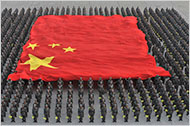
Note: Link via a tweet by this blogger.

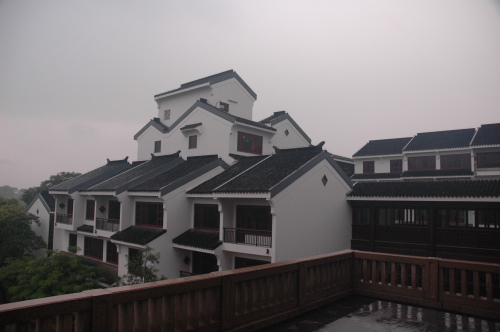
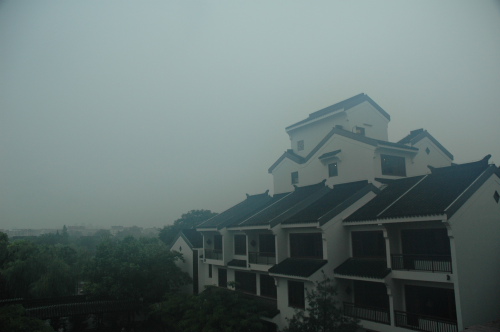
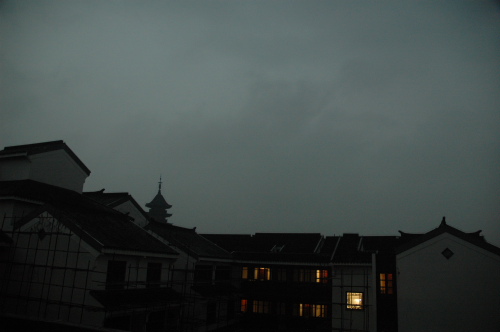
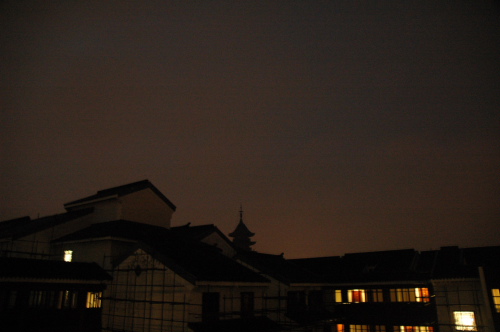
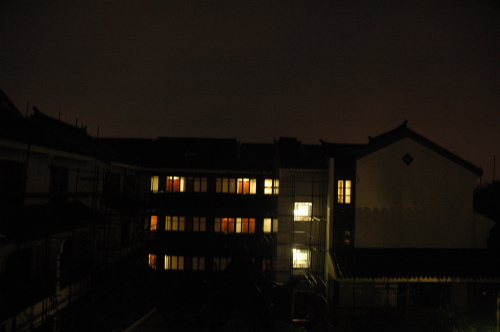
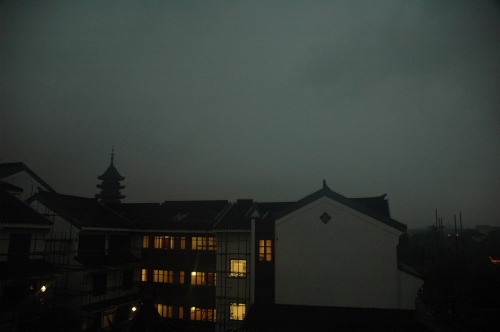
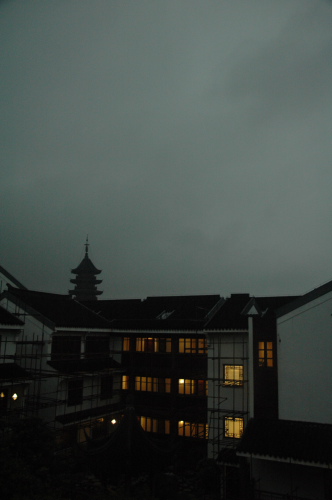
Comments